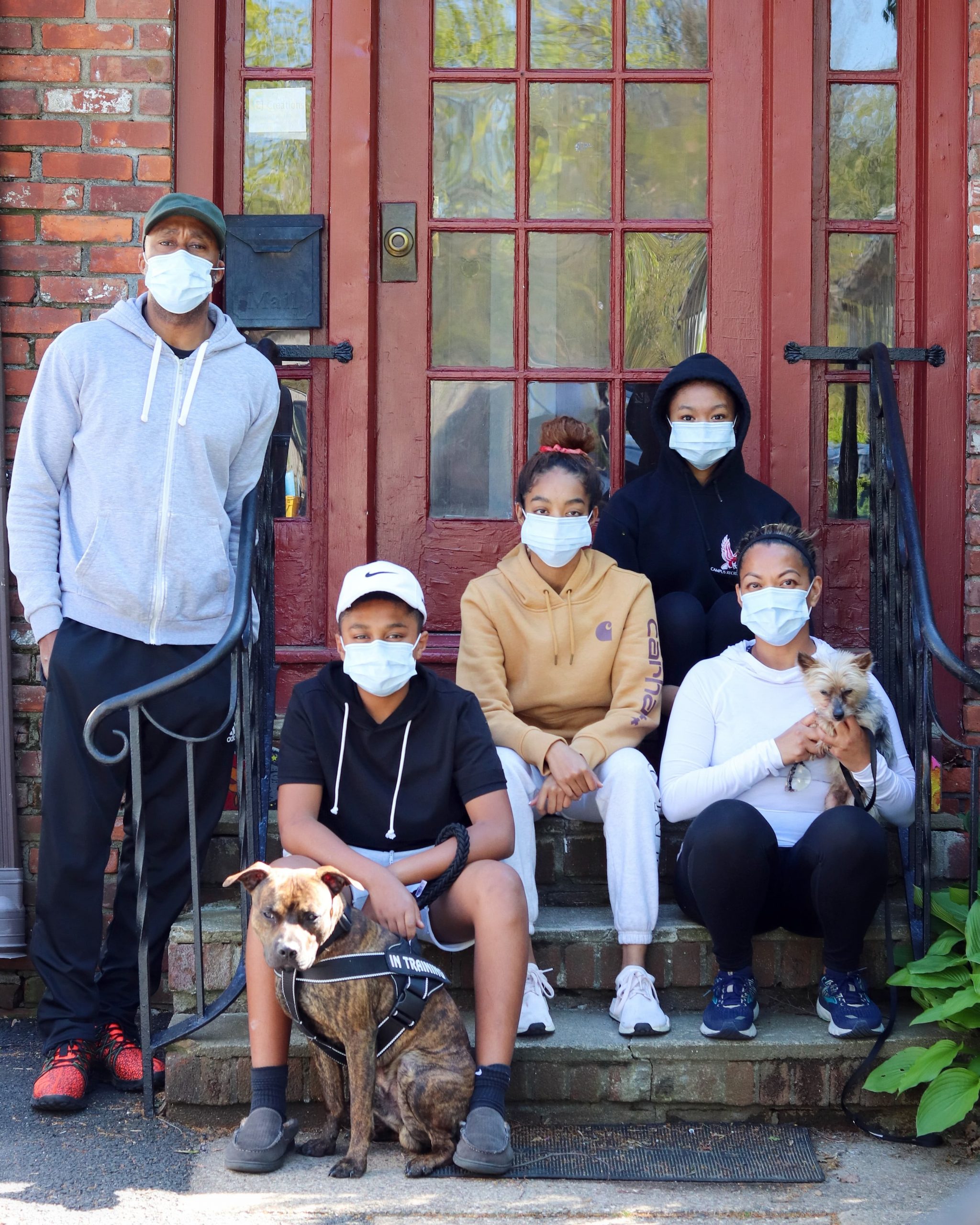Yoga is a physical, mental, and spiritual discipline whose origins can be traced to ancient India. Even though modern Yoga places a lot of emphasis on postures, breathing and meditation exercises are important aspects of the discipline. The aim of Yoga is to utilize breathing, meditation, and physical exercise to turn the focus inwards and achieve physical, mental and spiritual well-being of the individual.
Outdoor therapy is the application of outdoor expeditions such as hiking and kayaking as a therapeutic intervention to treat mental conditions or a substance abuse problem. A trained counselor who observes and provides guidance during these therapy sessions as a leader in the outdoor expeditions.
Yoga Assists in Addiction Recovery
Drug addiction is an illness that is characterized by compulsive behavior that pushes the addict to seek out substances in order to get some form of temporary relief. It alters the brain chemistry which causes the addict to feel a sense of discomfort if they go for a considerable amount of time without these substances.
Exercise has been found to positively alter brain chemistry and provide what is referred to as an athlete’s high. This sensation is somewhat similar to the high that most users get from abusing substances. It helps addicts cope with the withdrawal symptoms they have to struggle with when seeking help from addiction treatment centers.
Yoga and outdoor therapy for Stress Reduction
Addicts tend to use drugs to self-medicate when they are suffering from physical or psychological distress. Most addiction treatment centers recognize this factor and that is why dual diagnosis is a common treatment strategy in most rehab facilities.
Yoga is a mild form of exercise that can be practiced by both the young and the old. Studies have shown that exercise helps to relieve stress and can be useful in managing mental issues that an individual may be going through.
Outdoor therapy also provides relief from psychological distress. Numerous studies have shown that spending time outdoors can help an individual feel invigorated and promotes the spiritual and psychological well-being of an individual. Adventure therapy has been used successfully to treat both substance abuse and psychological problems such as depression.
Benefits of Yoga Breathing
Yogic breathing can provide relief for those struggling with anxiety, stress, and depression. Yogic breathing involves taking breaths in cyclical patterns where one is required to hold and release their breath at certain intervals.
A study on 45 people practicing Yogic breathing for 30 minutes a day, showed a 67% success rate in stress and anxiety relief after four weeks. The researchers concluded that Yogic breathing is a low-cost and low-risk treatment for stress and anxiety disorders. The psychological relief is useful for addicts who are trying to overcome addiction and the mental conditions that may have compelled them to abuse substances.
Adventure Therapy Promotes Self-Sufficiency and Group Cohesion
Sometimes addicts feel isolated from the rest of the world. Many of them have a co-occurring mental condition that worsens their substance abuse problem. Adventure therapy provides an opportunity for addicts to work together and take part in activities that are enjoyable and fun. It is an opportunity for the addict to interact with others who are undergoing a similar problem.
Adventure therapy promotes self-sufficiency by providing individuals with skills to fish, build fires in the wilderness, etc. Outdoor therapy, therefore, creates a sense of personal responsibility, helps individuals find their sense of self-worth, and this is a solid foundation for long-term recovery from alcoholism and substance abuse.
Both Yoga and Adventure therapy are used to complement other scientific strategies applied in addiction and recovery centers. These therapies can go a long way in helping addicts recover from addiction.











0 Comments